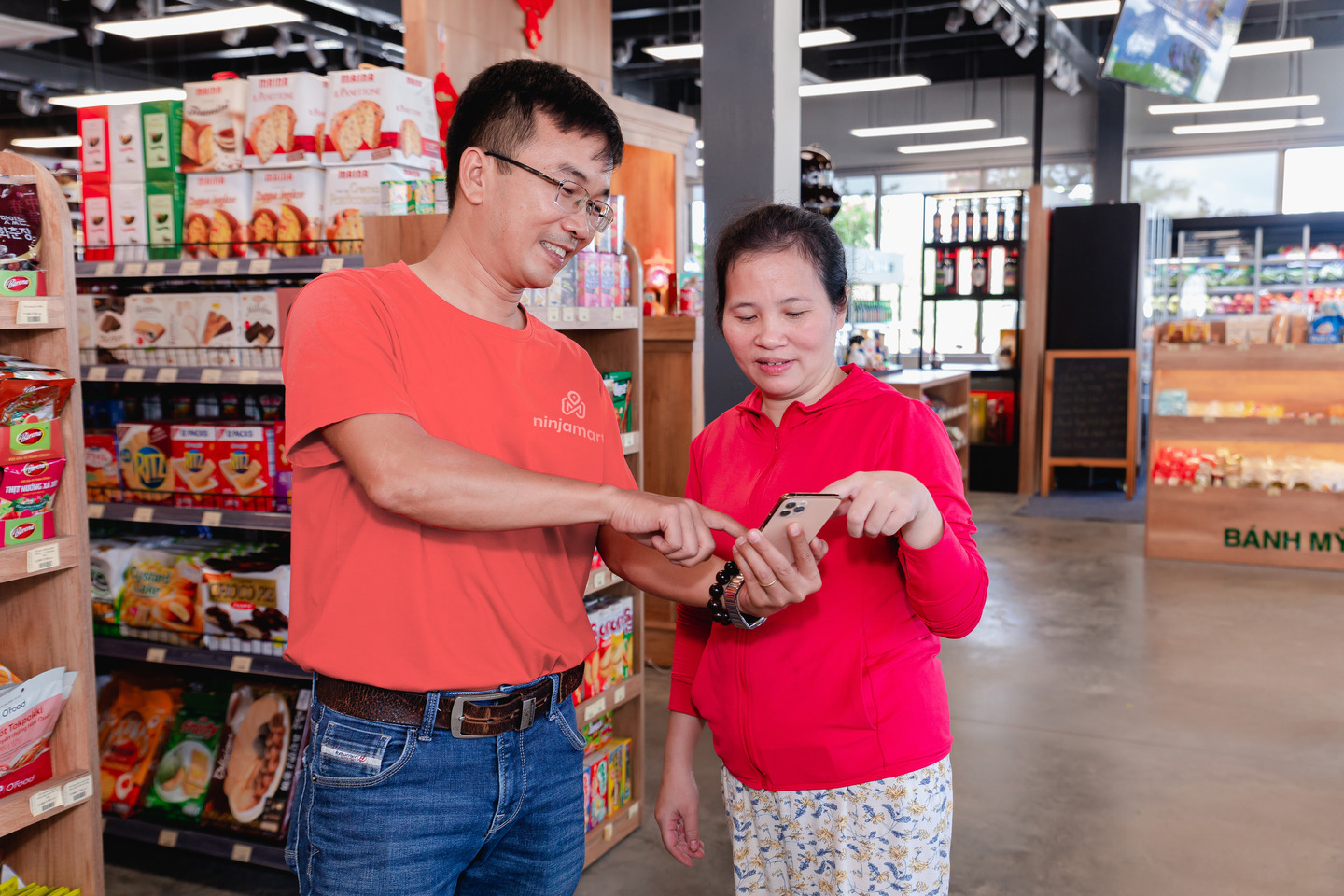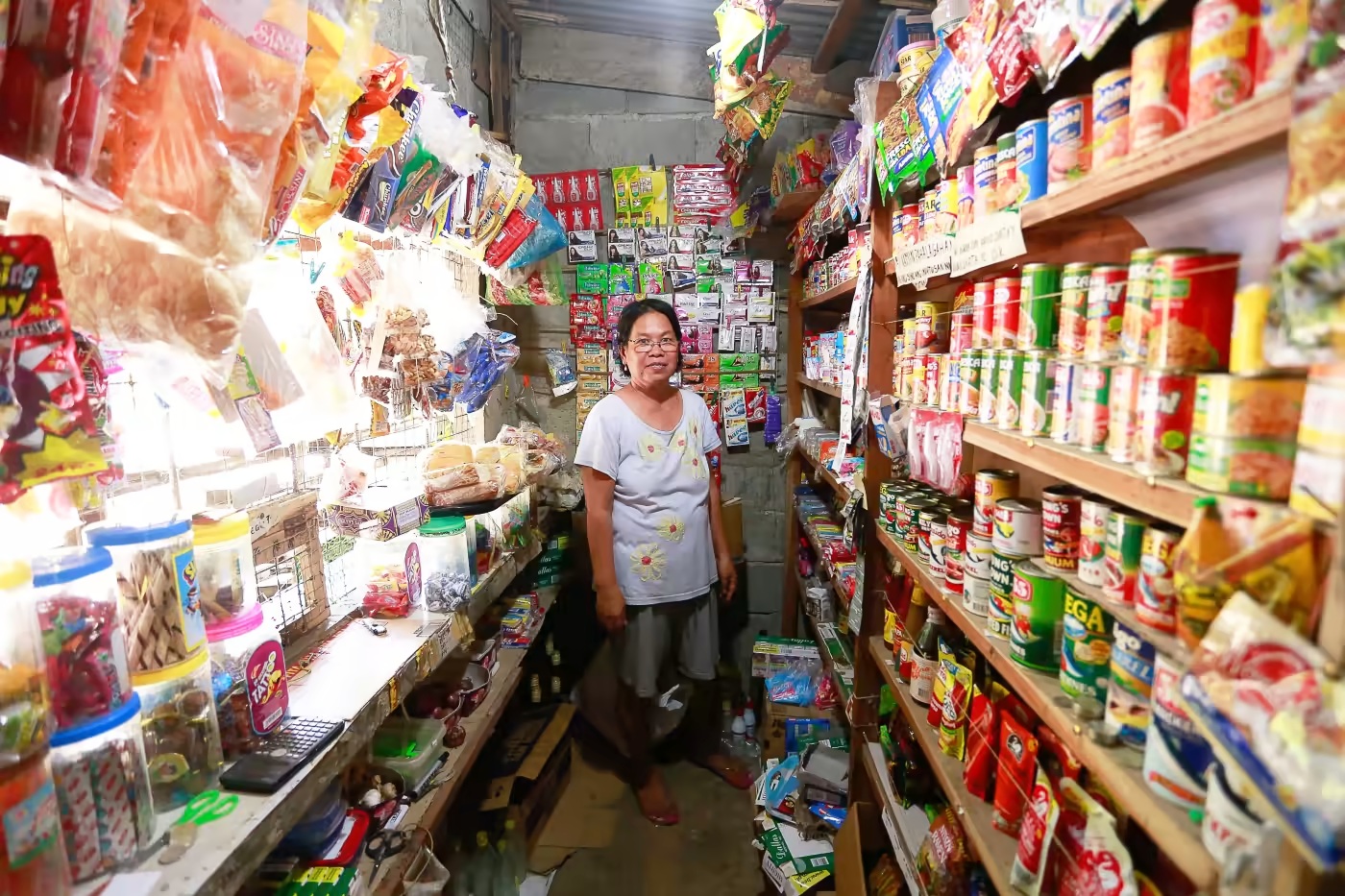Those everyday products that we use – snacks, toothpaste, and cleaning supplies – are ‘fast-moving consumer goods’ or FMCG for short. They’re typically affordable, have a short shelf life, and are purchased frequently.
The FMCG industry in Southeast Asia has been growing rapidly, especially in rural areas of Malaysia and Vietnam. But it’s not a one-size-fits-all market out there – rural communities have unique socio-economic factors that can impact FMCG consumption.
To succeed in these regions, FMCG companies need to understand these factors and adapt their marketing strategies accordingly to increase their market share.
Income Levels
When it comes to rural areas in Malaysia and Vietnam, one of the biggest factors that affects what people buy is their income. In general, rural areas have lower average incomes than urban areas, so they have less disposable income to spend on everyday items.
To win over these consumers, FMCG companies must adjust their marketing strategies to offer products that fit within their budgets.

Education
Education is another crucial socio-economic factor that impacts FMCG consumption in rural areas.
People with higher education levels tend to know more about heath and hygiene, which means they are more likely to buy personal care and cleaning products. They’re also more likely to go for branded products or options like organic and eco-friendly products.
At Ninja Mart, we’re not just about product education – we’re also here to help rural retailers manage their stores better with tips on using technology to manage their inventory and stores.
Employment
Having a steady income can make all the difference when it comes to FMCG consumption in rural areas. Unfortunately, employment opportunities in rural areas are usually limited compared to urban areas. This means that rural consumers often have less to spend on FMCG products.
To succeed, FMCG companies should consider the employment rates in rural areas and adjust their marketing strategies accordingly. For example, offering promotions during harvest season when rural communities have additional income could be a smart move.

Access to Technology and Infrastructure
Access to technology and infrastructure is another socio-economic factor that can impact FMCG consumption in rural areas. People in rural Malaysia and Vietnam don’t have reliable electricity and internet connectivity which can make it tough for FMCG companies to market their products effectively.
Social media marketing might not be the best way to reach people in these areas, but that’s where Ninja Mart comes in. Our weekly market outreach lets us talk to store owners in person about promotions and gather data on store behaviour.
To be successful in rural areas, FMCG companies need to understand the unique needs and preferences of rural consumers. By adapting marketing strategies and creating accessible and affordable products, FMCG companies can establish a strong presence and grow their market share in these dynamic and diverse markets.







